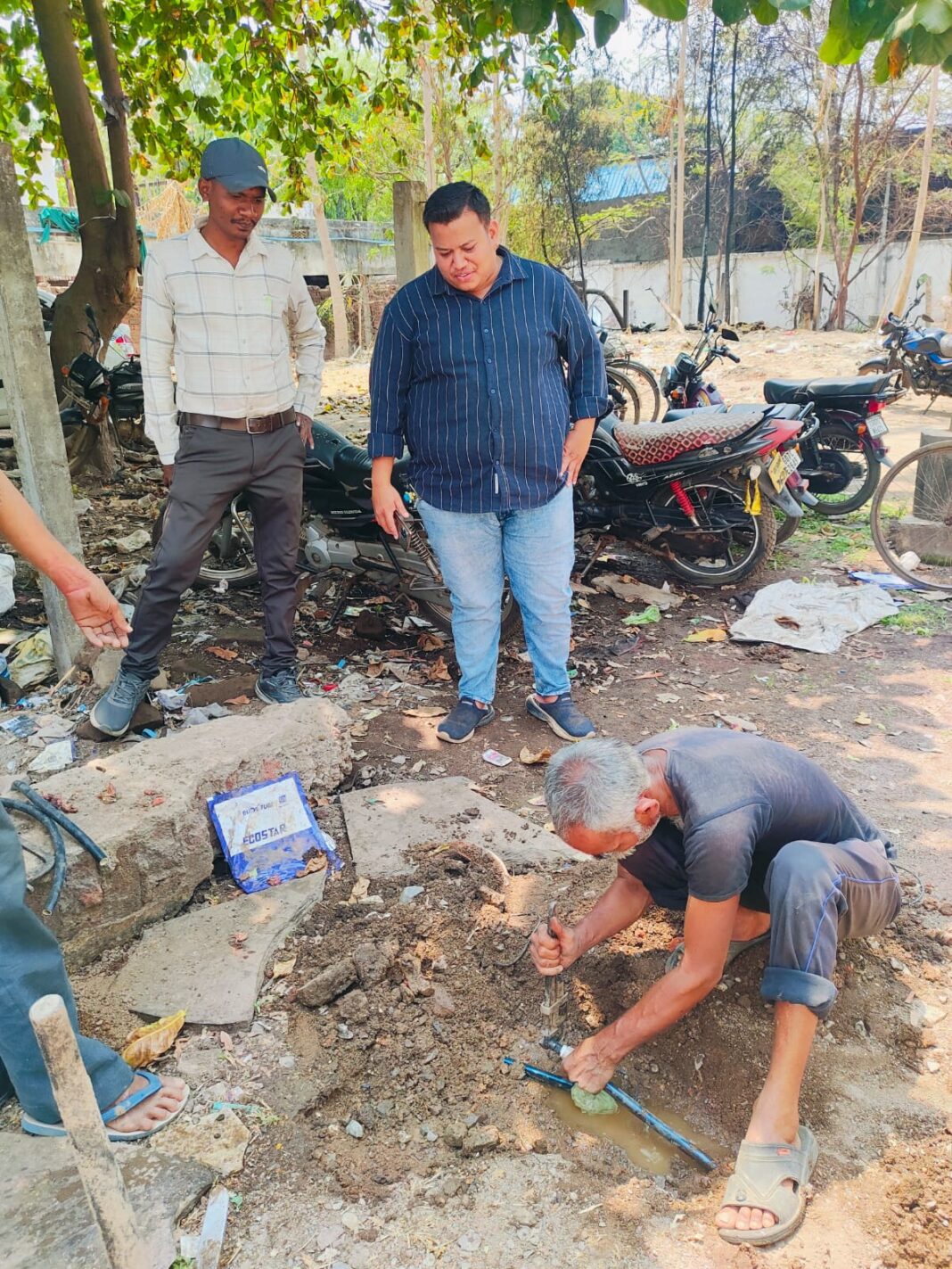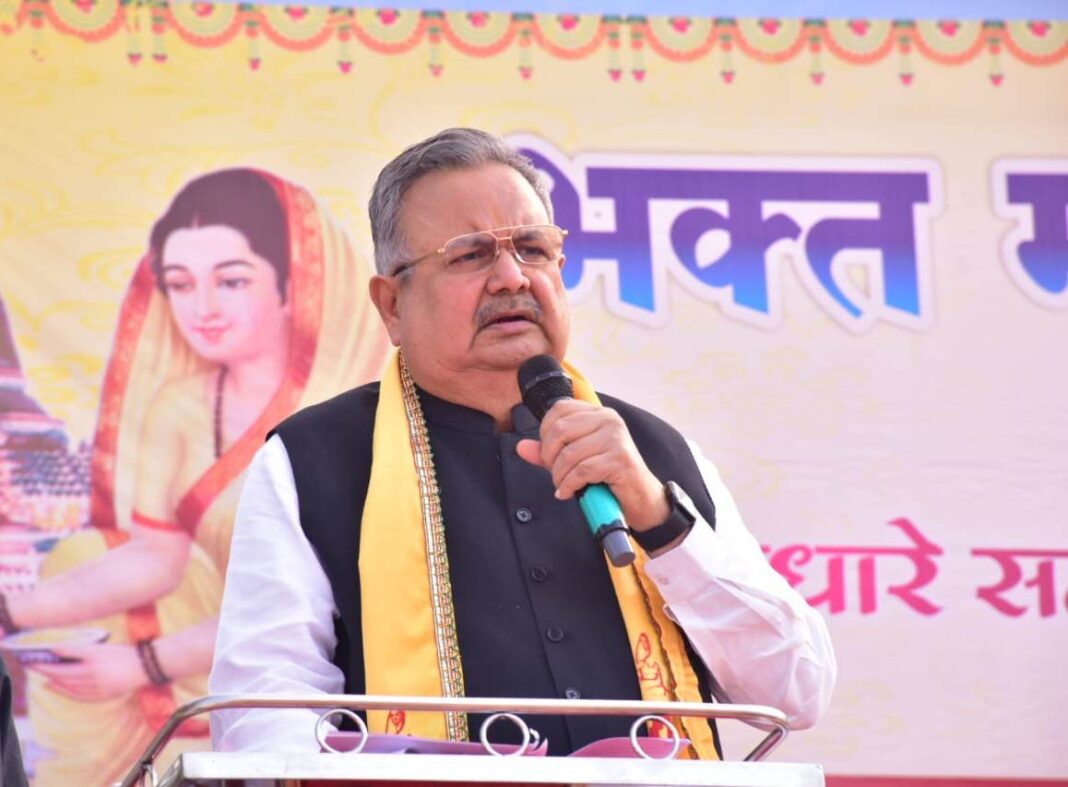Published on: April 4, 2025
By: [BTI]
Location: Rajnandgaon, India
In a determined effort to address water scarcity during the ongoing summer season, the Rajnandgaon Municipal Corporation (RMC) has launched a drive to prevent the misuse of potable water across its jurisdiction. As part of this campaign, the civic body conducted surprise inspections at 12 vehicle washing centers on Thursday and disconnected their water connections after finding them guilty of using clean tap water for washing vehicles.
The action comes in the wake of falling water levels in the Mohara Shivnath River, the city’s main water source. With daily temperatures rising and water demand surging, the RMC is working proactively to ensure uninterrupted supply of drinking water to residents across all city wards.
According to officials, this crackdown is part of a larger citywide initiative launched under the leadership of Mayor Madhusudan Yadav and Commissioner Atul Vishwakarma. The initiative aims to regulate water distribution, identify illegal or wasteful usage, and ensure that every household gets a fair share of clean water during the summer months.
Currently, water is being supplied three times every two days in most parts of the city. To monitor the situation more closely, Mayor Yadav himself is conducting regular visits to water treatment plants, the Mohara River, and residential wards to assess on-ground conditions. Commissioner Vishwakarma has also instructed the Water Department to intensify their surveillance efforts and take strict action against violators.
“Water is a critical resource, especially in summer. We cannot afford to waste it on activities like vehicle washing, particularly when alternative sources such as hand pumps and wells are available for non-drinking purposes,” said Commissioner Vishwakarma.
The Water Department had previously issued advisories to all vehicle service stations, urging them not to use municipal tap water for washing activities. Despite these warnings, several centers continued the practice, prompting the recent enforcement action. During inspections, officials found that the water being used was connected to the city’s potable water supply lines. Consequently, tap connections at 12 centers—including garages, auto parts stores, and informal washing stations—were immediately disconnected.
Officials noted that many of these facilities were operating on outdated infrastructure and lacked proper equipment to control water flow. Some were found to have taps running continuously, leading to significant wastage.
In addition to the enforcement drive, the civic body has launched an awareness campaign urging citizens to adopt responsible water usage habits. Residents are being advised to install proper nozzles on taps, fix leakages, and avoid overuse. The Corporation is also encouraging people to carry cloth bags and use water responsibly in public and private spaces.
Commissioner Vishwakarma further emphasized the importance of community participation: “Only with public cooperation can we overcome the water crisis. Every drop saved today ensures availability tomorrow. Businesses, especially, must adopt alternative methods for non-essential water use.”
The crackdown is expected to continue in the coming weeks, with more inspections planned across various sectors of the city. The Corporation has warned that further violations will attract penalties and permanent disconnections.



